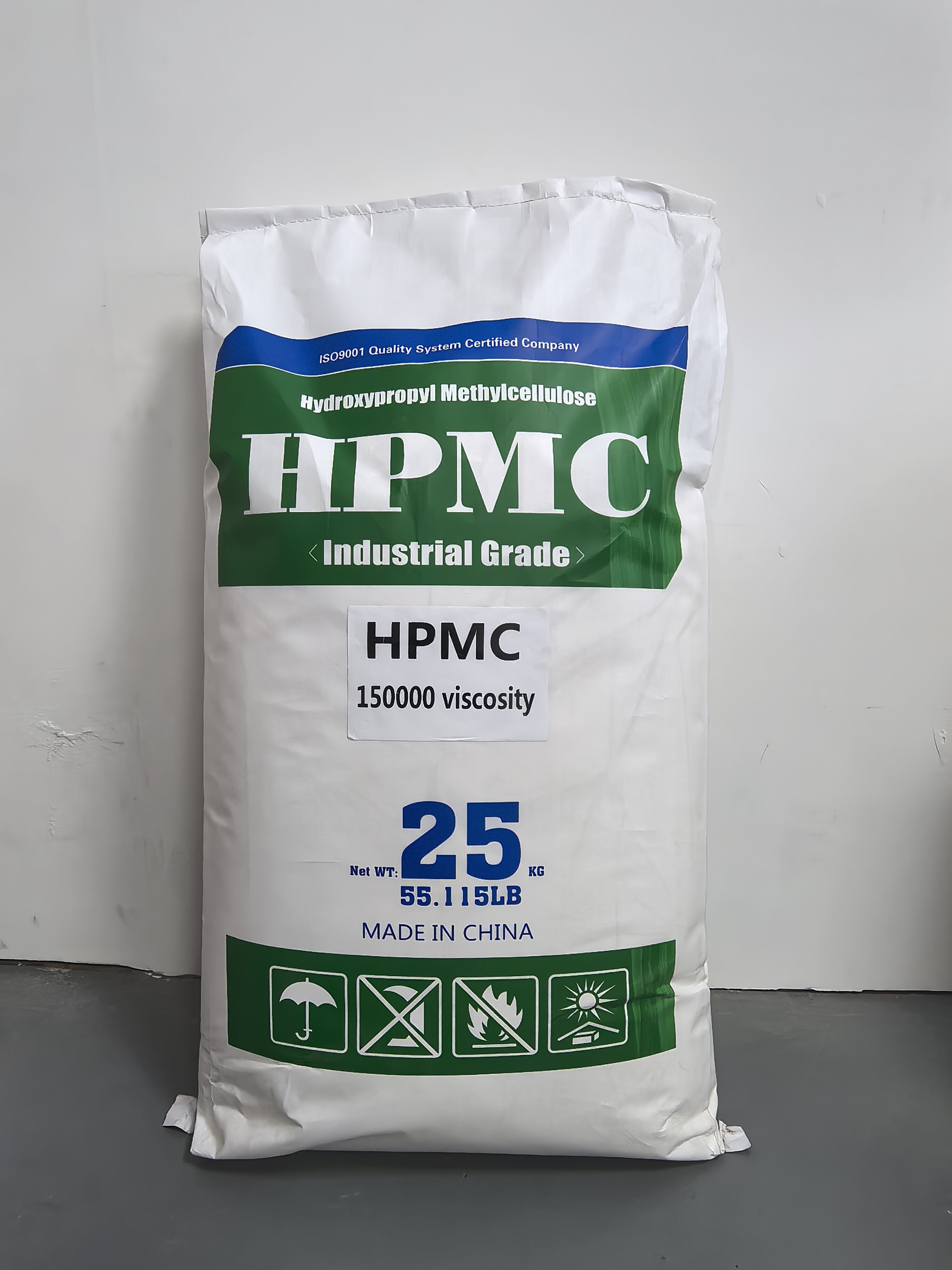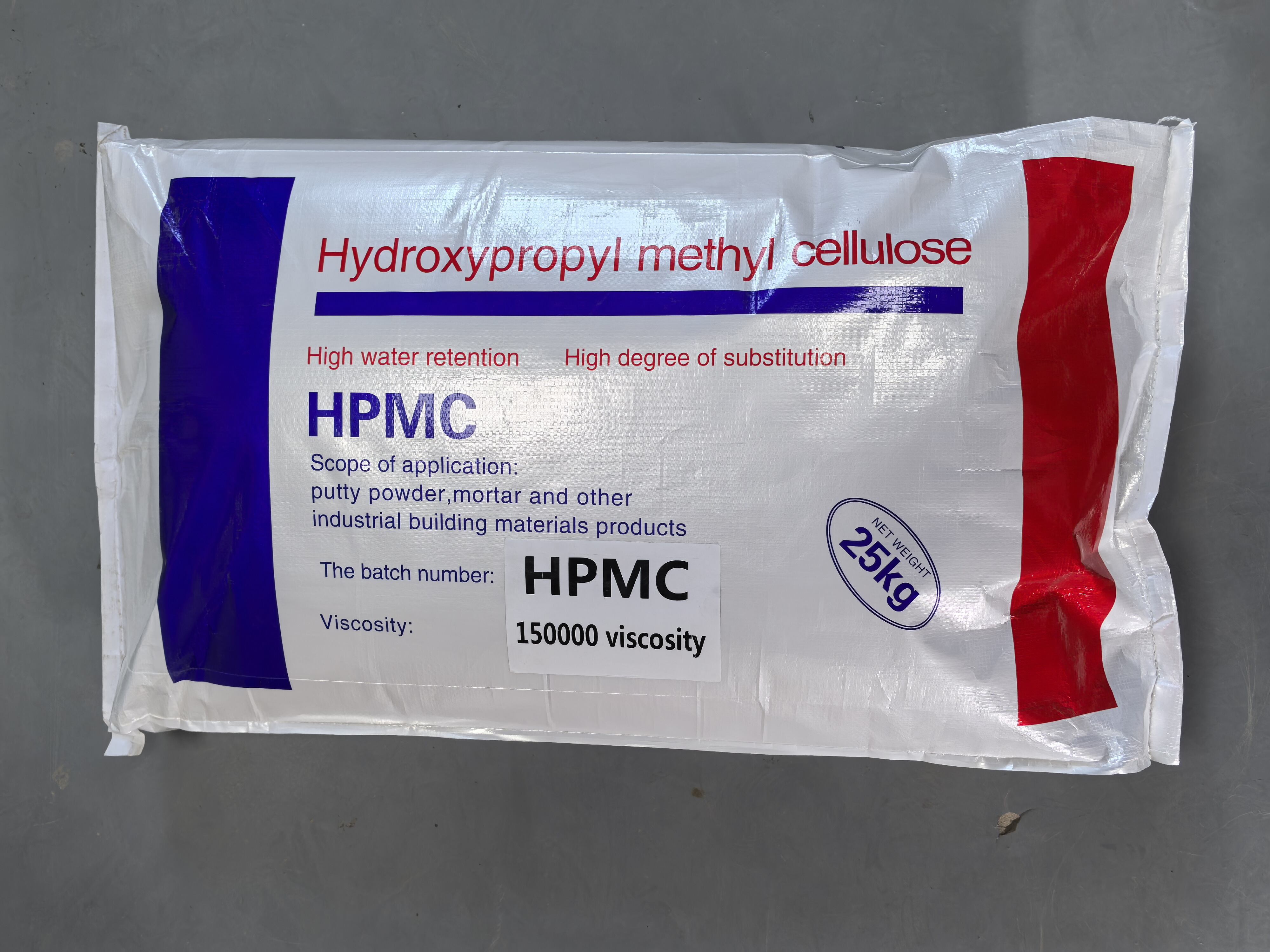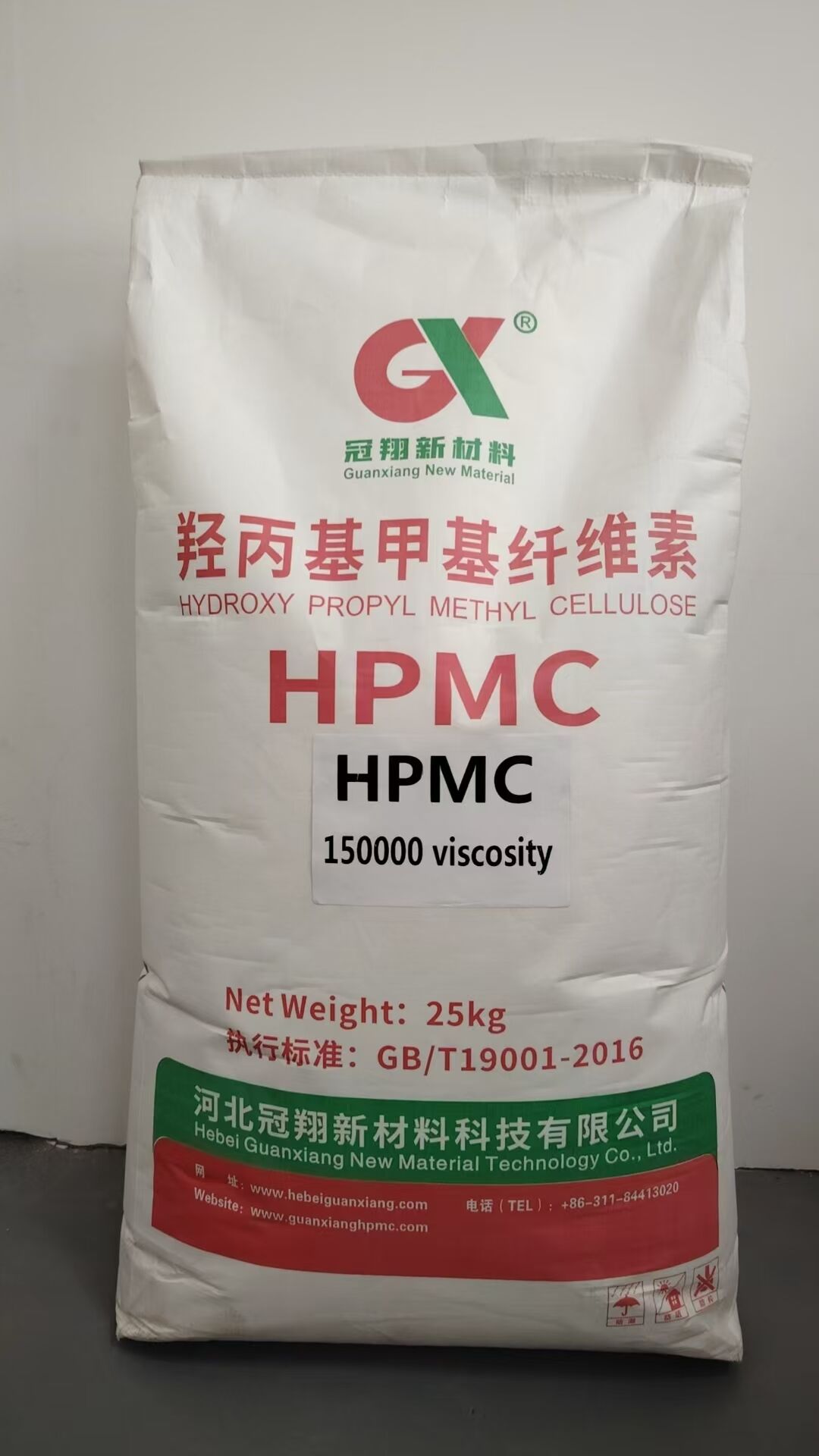cellulose ether hpmc manufacturer
A cellulose ether HPMC manufacturer specializes in producing hydroxypropyl methylcellulose, a versatile chemical compound essential in various industries. These facilities employ advanced production technologies and strict quality control measures to ensure consistent product quality. The manufacturing process involves chemical modification of cellulose through controlled reactions, resulting in HPMC with specific properties and characteristics. Modern manufacturers utilize automated systems and precision equipment to maintain optimal production conditions, including temperature control, reaction timing, and particle size distribution. The facilities often feature state-of-the-art research and development laboratories for continuous product improvement and customization according to client specifications. Quality assurance protocols include regular testing of viscosity, substitution degree, and moisture content. Many manufacturers also implement sustainable practices, focusing on eco-friendly production methods and waste reduction. Their operations typically include multiple production lines capable of producing different grades of HPMC, catering to diverse applications in construction, pharmaceuticals, and food industries. These facilities maintain certification standards like ISO 9001 and GMP, ensuring product safety and reliability.


